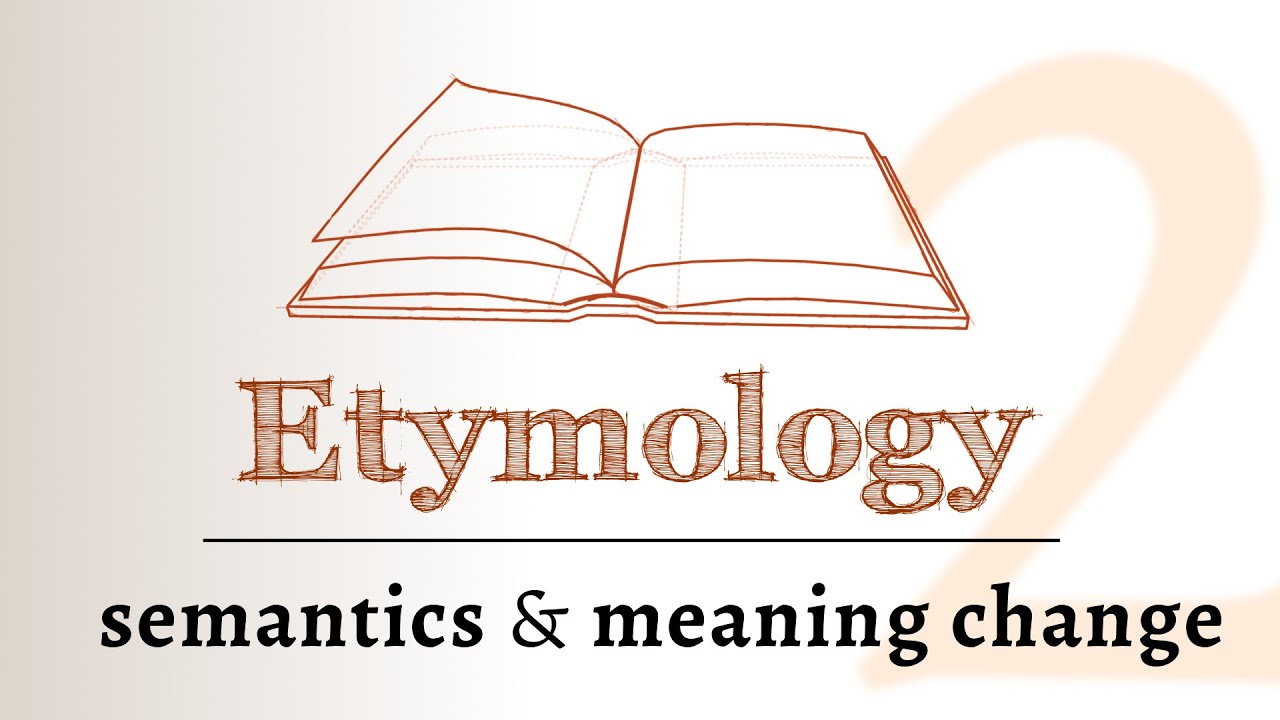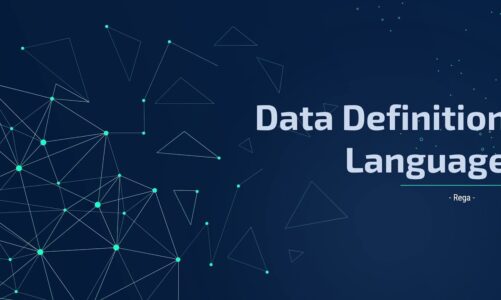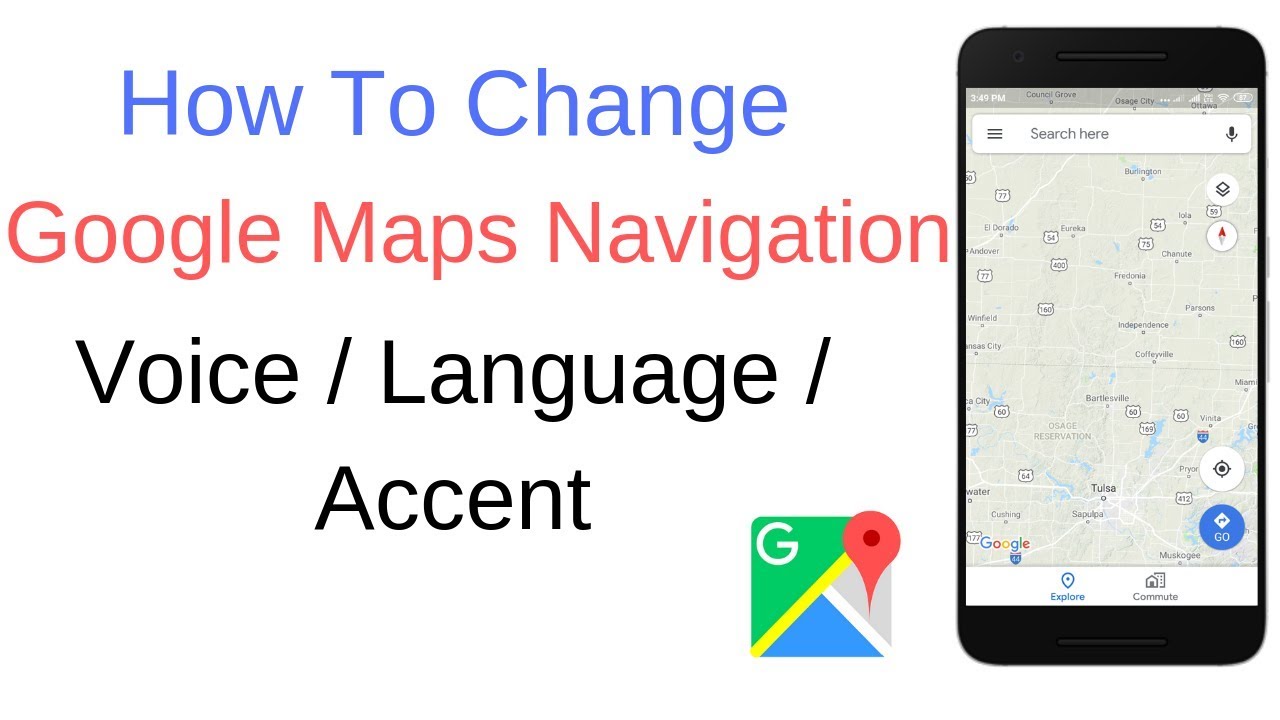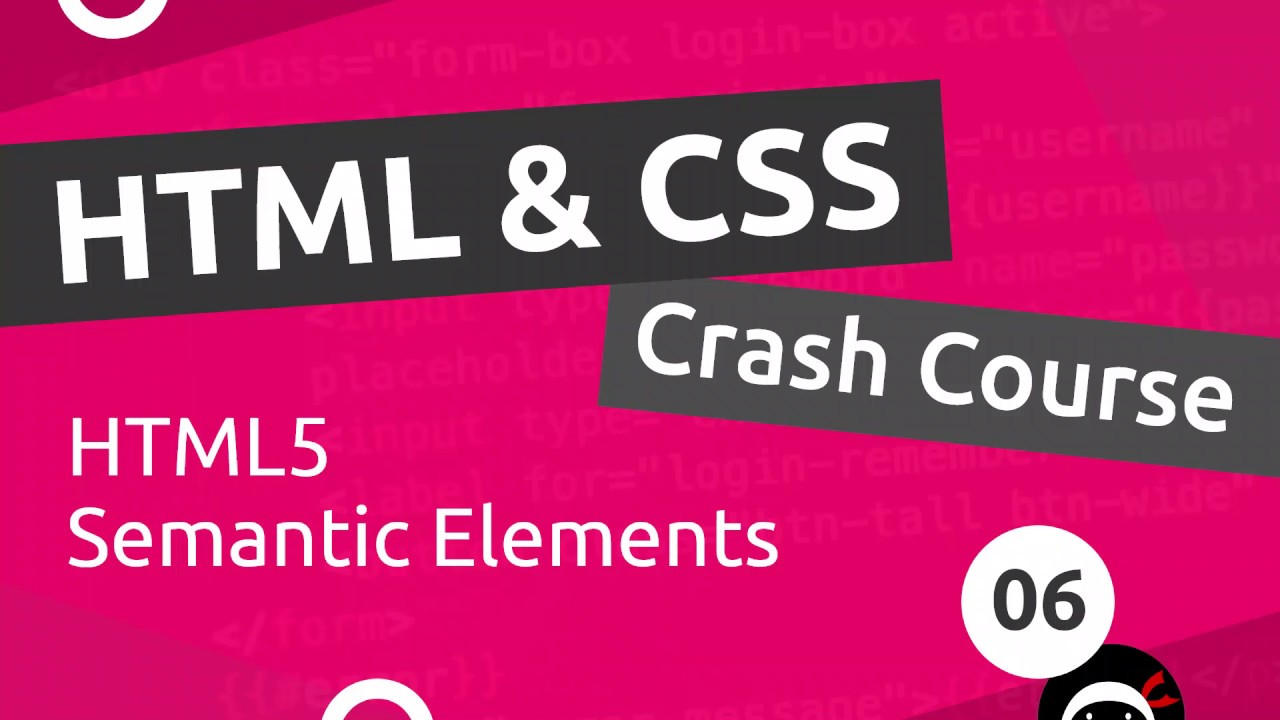NativLang
Etymology explores the origin of words – the history and development of individual words in a language. It asks a question you’re likely familiar with: “where did this word come from?”
The last video introduced etymology as a diachronic (historical) method that seeks to recover and build the history of words. It payed special attention to the way sounds change over time, and presented ways scholars trace a word back to its earliest retrievable form (etymon).
In this video, I shift the attention to semantics. Like sound change, meaning change is a dynamic process. Consider various types of semantic change (abstract to concrete, general to specific), origins of meaning change (calques, semantic borrowings) and changes that reveal connections between meaning & use (like archaic, poetic & obsolete words).
I’ll cap it off with the basic conventions you’ll want to notice when looking up an etymology, or follow when doing an etymology. I’ll also look at common sources of etymologies (dictionaries, popular “folk etymologies” and onomastics).
www.nativlang.com/linguistics .




thanks
Where's part 1?
English language is a very weird germanic language for example english from c.975(first Beowulf script) is NOT at all inteligible even for medieval english due it's meaning changes of words huge french borrows and later huge latin borrowings due the Shakespeare's intention English gone too further in changes and it is unusual for an indo-European language
For example knight used to mean boy in around 1200 and girl an noble person who does not go to war and aslo I've observated that english's vocabulary has words that an indo-European language won't produce like words derived from proper names like 'dog' replaced hound and it shifted to the meaning of hunting dog I'm really curious how did actually these words formed in English vocabulary these words makes a barrier for intelligibility with the other Germanic languages basic words
I would like to know :3
Where I can find more information about meaning of word?
Thanks, but I mean changing of word meaning in the process of historical development) may be some special books, sources)
Hmmm tyy
As a poet, etymology and morphology has been invaluable
Now-a-days queen means a flashy gay man… like a drag queen!